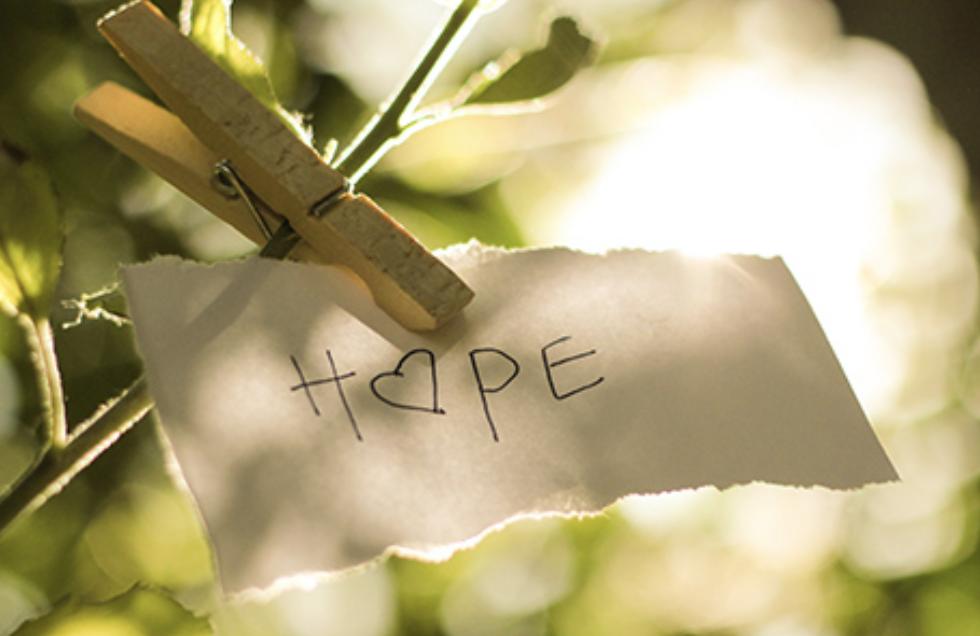I attended the Chesapeake Film Festival last month. First a “shout out” to this organization. The Chesapeake Film festival is one of those events that make the Eastern Shore special. Implementing a film festival in our tiny community is a credit to their labors. I thank you!
It was hard not to notice that the festival content was mostly depressing. Films about environmental issues, injustice, endangered species, mental illness and depression dominated the selections. It reflects our current mood.
With questionable ethics, climate change, racism, toxic environments and hatred dominating our headlines, one must look long and hard to find optimism.
The last one to offer optimism was Obama. He campaigned on hope and I like, the majority of Americans, was caught up in the promise of a better future. Racism, envy, the economic meltdown and politics killed his chances of delivering on the promise.
But surprisingly, watching a movie about the Vietnam war at the film festival brought hope back for me.
Why?
The amazing soundtrack brought back a time when we, the underrepresented youth, were able to bring an end to the Vietnam war. Demonstrations and unrest caused our leaders to recognize that we weren’t going to take it anymore. Admittedly we were young and frankly with my inexperience, I was lucky to be on the right side.
Our generation didn’t stop. We continued marching for civil rights, women’s rights, rights for the disabled, a woman’s right to choose, and LBGTQ rights. Our support has resulted in more equality in a generation than the US had experienced in its history.
I left that film realizing that if we could do it then, when we had only energy, why can’t we do it now that we have wisdom and perspective? At the women’s march, I realized that we had the numbers too!
With this newfound hope (and reading Sister Joan Chittister’s book “The Time is Now”) I know that it is time to focus on supporting change (and I applaud those who are already doing it!).
I began by evaluating my own behavior.
I researched what I can do to help the environment. The Chesapeake Bay Foundation offers tips and suggestions.
I looked into rebalancing my portfolio to invest my money conscientiously. Several environmental ETFs (Exchange Traded Funds) are available for sustainable energy.
My nephew, Dan Miller, co-founder of FundRise, recently launched a crowdfunding website for sustainable agriculture and aquaculture. After discovering how difficult it was for sustainable aqua and agricultural farmers to get loans, he created a crowdfunding website to help farms with a strong track record. (A crowdfunding website allows small and large investors to invest as much or as little as they wish with the expectation of getting a return on their investment.)
I am now looking into the criminal injustice system; seeing what I can do to change our “punishment” oriented culture to a more balanced punishment/rehabilitation perspective.
There is so much out there; shoes made from recycled plastic bottles (Rothys), organic products in every store (even Walmart!), local farm stands, environmentally conscious cleaning products, to name a few.
I have set personal goals: more organic food, reduce mileage by 5%, reduce the amount of plastic that I use, use environmentally friendly cleaning products, add environmentally conscious investments, actively support causes, and plant indigenous species.
There IS hope.
Our generation went into adulthood as activists. We started with placards. Now we also have pocketbooks.
Angela Rieck, a Caroline County native, received her PhD in Mathematical Psychology from the University of Maryland and worked as a scientist at Bell Labs, and other high-tech companies in New Jersey before retiring as a corporate executive. Angela and her dogs divide their time between St Michaels and Key West Florida. Her daughter lives and works in New York City.



John Michael Kramer says
While I appreciate Dr. Rieck’s point of the value of hope as a frequent Vietnam war protester myself, I disagree that “underrepresented youth brought an end to the war”.
As I recall the antiwar movement pretty much petered out after the backlash from the Kent State shooting died down during the summer of 1970. The official end of the war was in 1973. Many argue that we protesters prolonged the war. I don’t subscribe to that theory, but I did not find that era as particularly hopeful. It was, for me, much more so than today, a period of frustration and fear.